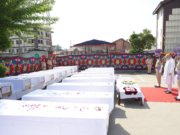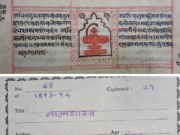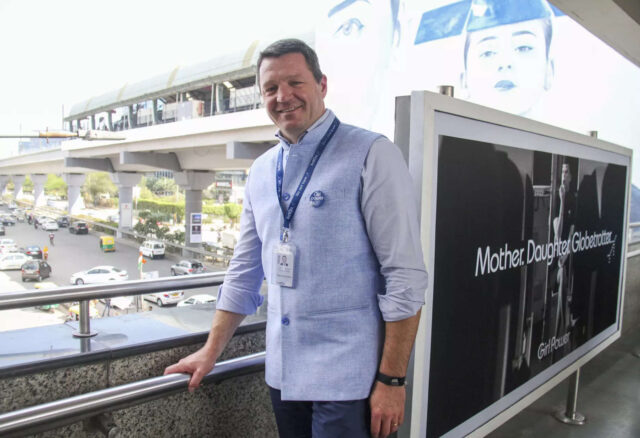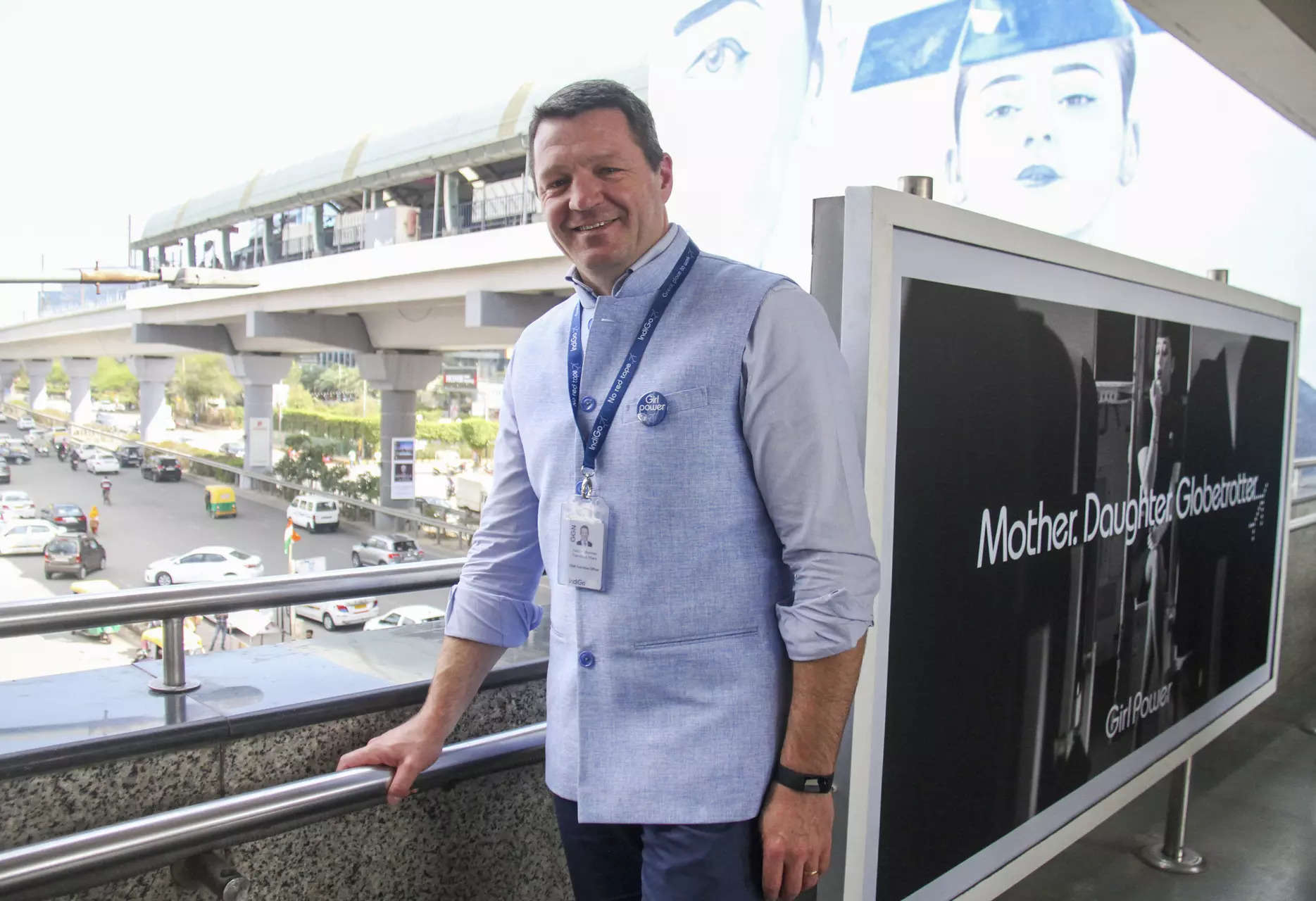NEW DELHI: There is healthy and tough competition in the Indian market, which is also price sensitive, the country’s largest airline IndiGo’s chief Pieter Elbers said and emphasised that there is an enormous demand for travel. At the helm of the airline having a domestic market share of little over 60 per cent and more than 360 aircraft in its fleet, Elbers also mentioned that overall price levels in India are “very very competitive”, something that he thinks one should take “as part of the change in India itself and the diversity of India”.
While air traffic continues to rise and airlines expand their operations by connecting new destinations, there are also concerns in certain quarters about airfares being higher, especially during peak seasons. Air ticket prices in the country are deregulated, and fares are mostly a function of supply and demand.
In a recent interview with PTI, Elbers said there is healthy and tough competition in the Indian market.
“Indian consumers are really eager to travel, but it is also a price-sensitive market. What I see is that whenever a new route is announced, there is enormous demand from consumers to travel,” the IndiGo CEO said.
The country is one of the world’s fastest-growing civil aviation markets. On average, the number of daily domestic air traffic is around 4.3-4.5 lakh, and domestic airlines carried more than 15.20 crore passengers in 2023.
“India is indeed a price sensitive market, and we see some fluctuations in the prices… the natural fluctuation of fares, we see it for hotels, we see it for other businesses and airlines as well.
“If you look at the overall price level in India, it is very very competitive, if not low, compared to some other parts of the world. I think you should take it as part of the change in India itself and the diversity of India,” Elbers said.
According to travel portal Cleartrip, airfares are likely to remain higher in the short term and up to 15 per cent higher till May compared to the year-ago period.
“Due to the ongoing supply chain and engine issues, there is a muted outlook on the capacity addition. This will lead to a high-fare environment for domestic travel. We’re running at 15 per cent higher fares than last year in March. A similar trend is expected in April. Both are compared to last year,” Cleartrip CEO Ayyappan Rajagopal said.
Earlier this month, Akasa Air Founder and CEO Vinay Dube said that airfares in India are incredibly affordable.
In February this year, a Parliamentary panel proposed route-specific capping of airfares and setting up of a separate entity to exercise control over air ticket prices, amid concerns in various quarters about surging fares.
After considering the responses from the Civil Aviation Ministry on airfares, the committee said that self-regulation of ticket prices by airlines has not been effective.
While air traffic continues to rise and airlines expand their operations by connecting new destinations, there are also concerns in certain quarters about airfares being higher, especially during peak seasons. Air ticket prices in the country are deregulated, and fares are mostly a function of supply and demand.
In a recent interview with PTI, Elbers said there is healthy and tough competition in the Indian market.
“Indian consumers are really eager to travel, but it is also a price-sensitive market. What I see is that whenever a new route is announced, there is enormous demand from consumers to travel,” the IndiGo CEO said.
The country is one of the world’s fastest-growing civil aviation markets. On average, the number of daily domestic air traffic is around 4.3-4.5 lakh, and domestic airlines carried more than 15.20 crore passengers in 2023.
“India is indeed a price sensitive market, and we see some fluctuations in the prices… the natural fluctuation of fares, we see it for hotels, we see it for other businesses and airlines as well.
“If you look at the overall price level in India, it is very very competitive, if not low, compared to some other parts of the world. I think you should take it as part of the change in India itself and the diversity of India,” Elbers said.
According to travel portal Cleartrip, airfares are likely to remain higher in the short term and up to 15 per cent higher till May compared to the year-ago period.
“Due to the ongoing supply chain and engine issues, there is a muted outlook on the capacity addition. This will lead to a high-fare environment for domestic travel. We’re running at 15 per cent higher fares than last year in March. A similar trend is expected in April. Both are compared to last year,” Cleartrip CEO Ayyappan Rajagopal said.
Earlier this month, Akasa Air Founder and CEO Vinay Dube said that airfares in India are incredibly affordable.
In February this year, a Parliamentary panel proposed route-specific capping of airfares and setting up of a separate entity to exercise control over air ticket prices, amid concerns in various quarters about surging fares.
After considering the responses from the Civil Aviation Ministry on airfares, the committee said that self-regulation of ticket prices by airlines has not been effective.






































